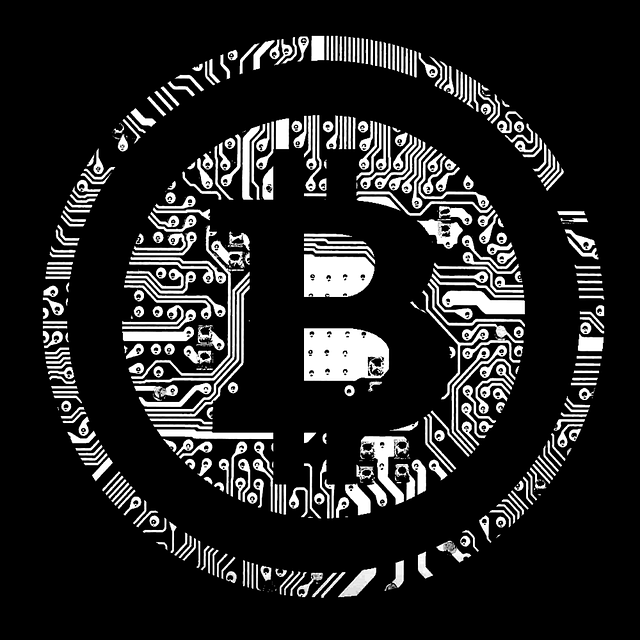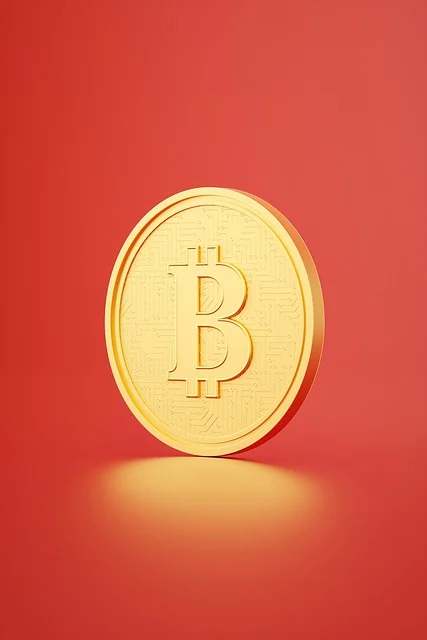
Bitcoin ETF vs Buying BTC Direct: Which is Better?
Spot Bitcoin exchange-traded fund (ETF) has been one of the hottest topics of the last few years. Many investment companies, both traditional and crypto-focused, repeatedly file multiple filings with the United States Securities and Exchange Commission.
On January 10, 2024, the SEC finally gave its approval and green-lighted a total of 11 Bitcoin ETF applications.
It was an uphill battle that spanned many years, and if you want a look at the full timeline of events, check out our in-depth article on the subject:
Timeline of Events Leading to Spot Bitcoin ETF Approval in the United States
Since confirmation is already a fact, it is now critical to investigate a very important topic: the difference between buying a spot Bitcoin ETF and buying Bitcoin directly, and what might be better for you.
Here’s a quick comparison chart between both, while the article below provides a more in-depth look.
What is a Spot Bitcoin ETF?
Exchange-traded funds have been a cornerstone of the traditional financial world for many years.
Essentially, an ETF represents a basket (or individual) of assets and is traded on the stock exchange just like a regular stock. It can track the price of various types of assets, including but not limited to securities, commodities, or other assets. It can track multiple assets or just one asset (as with the spot Bitcoin ETF).
Bitcoin ETFs provide a traditional and reputable investment vehicle for exposure to the BTC price.
But there is a technical difference between the ETF itself and the asset it tracks. Because the ETF itself is a standalone product, it has a market of its own and trades independently of the asset backing it. Therefore, there may be a difference between the ETF price and the net asset value (NAV) of the supporting product.
There are other important implications that characterize Bitcoin exchange-traded funds; so let’s take a look at a comprehensive summary.
Transactions on traditional exchanges such as the New York Stock Exchange
Since an ETF is a traditional investment product, it is traded on regulated exchanges on Wall Street, such as the New York Stock Exchange. ETFs do not trade on cryptocurrency exchanges like Binance.
Investors do not own underlying BTC
Owning an ETF does not give ownership of the underlying product. Think of it as a synthetic asset built on BTC and tracking its price. Investors who purchase the ETF do not need to worry about storing and storing BTC.
Shares in the ETF are backed by BTC, which is owned and held by the ETF provider.
There are purchase fees depending on the ETF provider
There are multiple Bitcoin ETFs, and each comes with different fees determined by the provider. In the case of BlackRock’s Bitcoin ETF (IBIT), there is a sponsor fee of 0.25% (T&Cs apply).
Managed by ETF provider
ETFs are managed by the companies that initiate them. If they do not meet certain criteria, they can withdraw support or change the fees at their own discretion.
Transactions during traditional US trading hours
Because ETFs trade on traditional, regulated US exchanges such as the NYSE, they are only accessible during regular US trading hours.
ETF/NAV price may differ
There may be a price difference between the Bitcoin ETF and the same-day price of Bitcoin. This is because ETFs are traded on separate markets, which determines their current prices.
Pros and Cons of Bitcoin ETF
The above features are specific to Bitcoin ETFs and come with some advantages and disadvantages.
Pros:
- Regulated financial product
- Can be included in special portfolios such as retirement or 401(k).
- Backed by regulated and reputable providers like BlackRock
- Investors do not own underlying BTC
- There may be a premium on the ETF compared to BTC NAV
- Limited trading hours and higher fees
Unlike ETFs, buying Bitcoin gives you direct ownership of BTC, whether you buy from an exchange or P2P.
Of course, if you buy through an exchange like binance, you should consider keeping it yourself. This means you need to remove your BTC from the exchange and transfer the private keys to a cold wallet like Trezor or Ledger that you control.
There is a popular saying in crypto:
This also brings with it some responsibilities. Keeping your cryptocurrency safe can be a challenging task, especially if you have no prior experience. But don’t worry; We’ve prepared a detailed guide on what you can do to make sure your BTC is safe.“Not your keys, not your Bitcoin.”
9 Tips You Must Follow to Secure Your Bitcoin and Crypto Wallets
Like ETFs, buying Bitcoin directly has its own merits. Here’s a brief summary.
Transactions on cryptocurrency exchanges
You cannot buy Bitcoin on the New York Stock Exchange. You need to use a cryptocurrency exchange. The most popular are Binance (outside the US) and Coinbase (US).
Investors take direct ownership of BTC
When you buy spot BTC on a cryptocurrency exchange, you own it. You can transfer it from the exchange to cold storage or use it to trade against other altcoins like Ethereum.
Acquisition fees vary between crypto exchanges
Unlike ETFs, there are no sponsor fees. However, there are transaction fees for buying and selling BTC, and these vary depending on the preferred cryptocurrency exchange.
Managed by you
Since the ownership of the BTC you purchase belongs entirely to you, you are responsible for its security. Self-storage has its challenges, and it is imperative that you learn about cold storage and how to keep your cryptocurrency safe.
Transactions are carried out 24/7, regardless of traditional working hours
Cryptocurrency exchanges operate around the clock, so there are no limitations in terms of trading hours or weekends.
Direct exposure to BTC price
You don’t have to worry about differences between the price of the ETF and the value of the net asset. You are exposed to the BTC price as much as physically possible.
Pros and Cons of Buying BTC Direct
Here are the advantages and disadvantages:
Pros:
- You receive direct ownership of the BTC you purchase
- You can have full control through self-custody
- Unlimited trading hours and lower fees
- Storing your BTC can be difficult and requires higher technical expertise
- Cannot be included in traditional retirement plans and 401(k)
- Not recognized as a financial instrument
The above covers the most basic differences between spot Bitcoin ETF and buying BTC directly.
There is no single answer to which is better, and it depends entirely on the investor’s individual preferences and needs.
For example, if you’re not tech-savvy, aren’t interested in trading BTC for other altcoins, want long-term exposure without having to worry about protecting your crypto, and don’t mind higher fees, an ETF might be better. choice.
However, if you are crypto-savvy and prefer direct ownership of BTC because you want to store it safely in your cold wallet or actively trade against other altcoins, then perhaps buying BTC outright is the way to do it. To go.
SPECIAL OFFER (Sponsored)
Binance $100 Free (Exclusive): Use this link to sign up and get $100 free and 10% discounted fee on Binance Futures for your first month (conditions).

#Bitcoin #ETF #Buying #BTC #Direct

